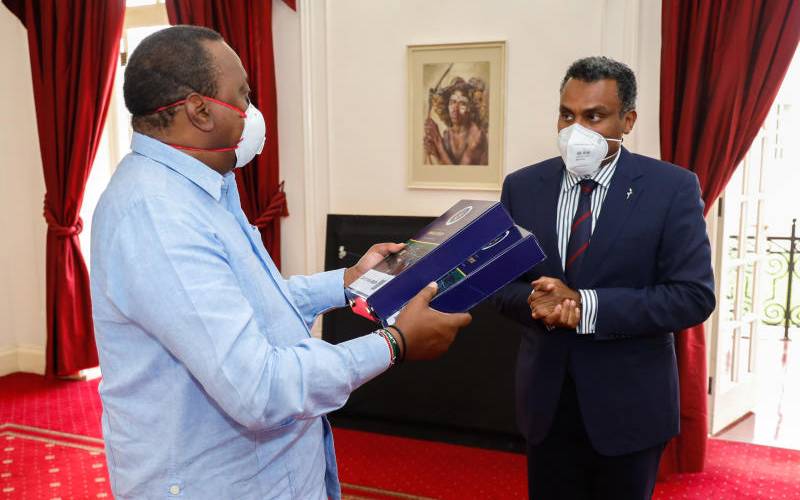×
The Standard e-Paper
Kenya’s Boldest Voice

The Office of Director of Public Prosecutions (ODPP) has registered cases worth Sh224 billion involving top government officials in the last three years.
The 53 cases on corruption allegations involve seven Cabinet Secretaries and Permanent Secretaries, 11 governors and senior county officials, 22 directors and chief executive 0fficers and seven MPs.